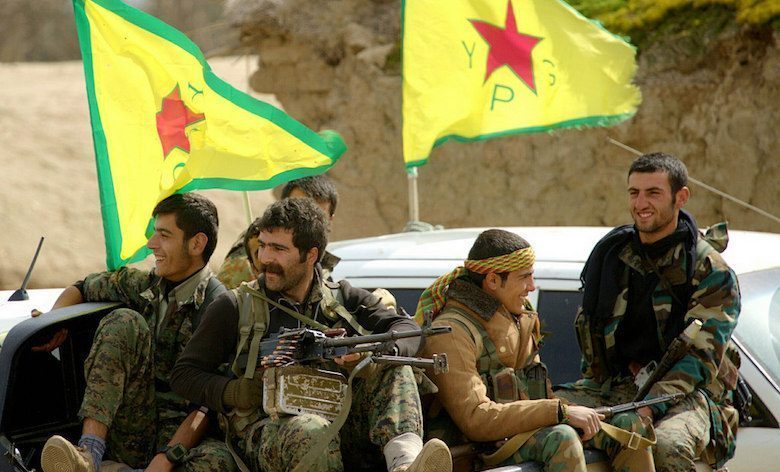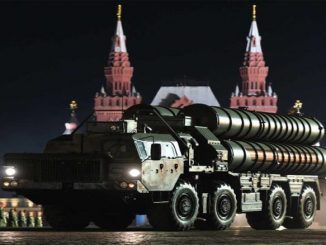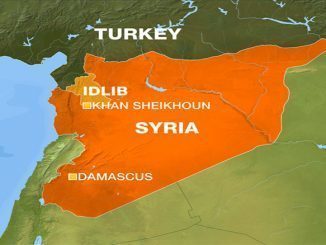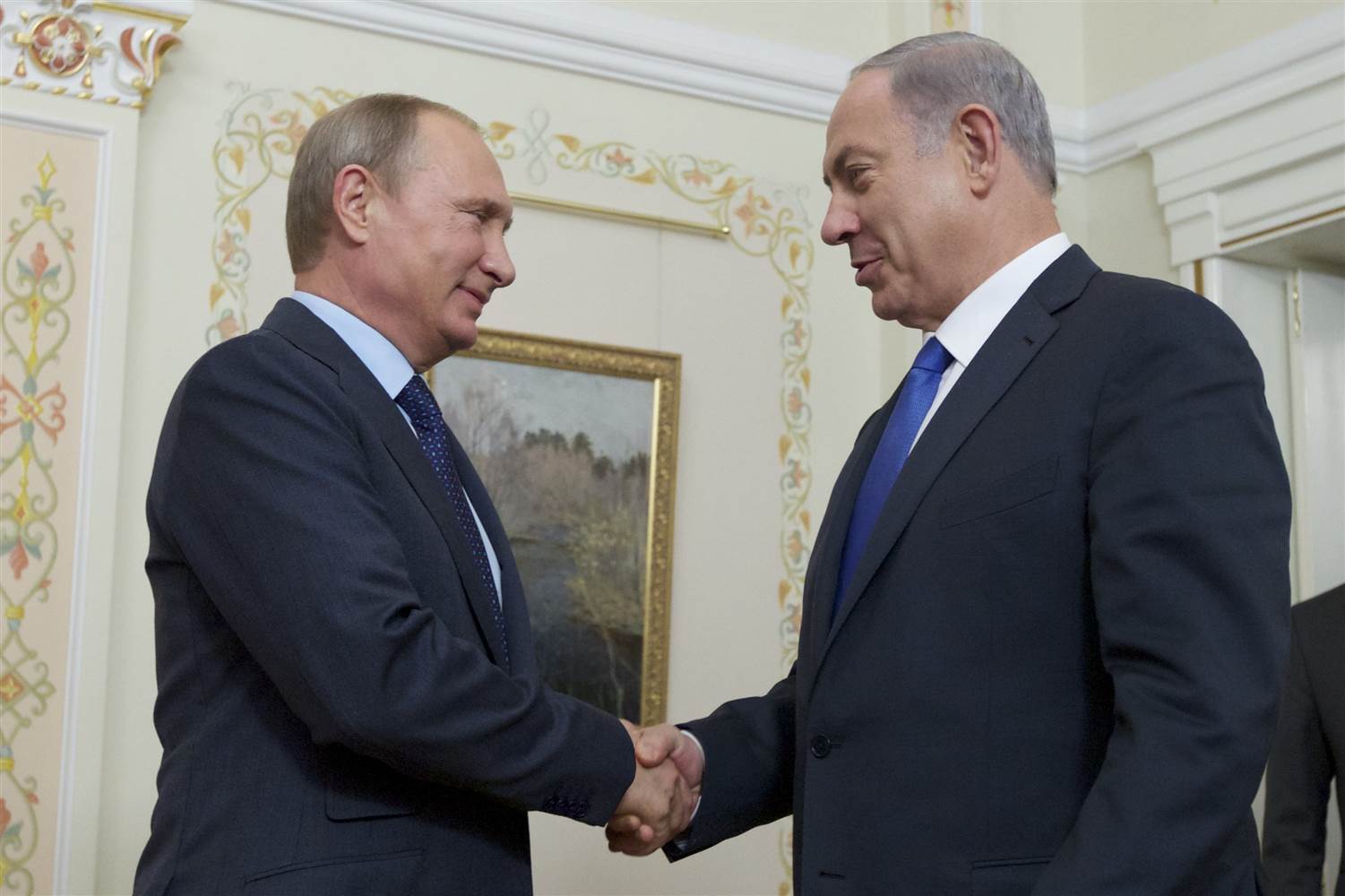
The Syrian Arab component of the SDF forces attacking Raqqa have withdrawn from operations, declaring Kurdish forces had broken an agreement to allow them to lead the attacks against the Islamic State (ISIS) group-held areas.
The US-backed Syrian Democratic Forces (SDF), a group comprising mainly of Kurdish armed groups fighting in Syria, said at a press conference on last Sunday the start of “Wrath of the Euphrates” operation to reclaim the de facto capital of Islamic State (ISIS) would begin on Saturday.
Of the SDF’s 30,000-strong force, up to 25,000 fighters come from the YPG, according to some estimates.
In a statement released only days after the “Euphrate’s Wrath” offensive began, Liwa Thuaar Raqqa (Raqqa revolutionary brigade) said it would no longer fight alongside the Kurdish YPG militia.
The brigade accused the US of trying to “sideline” its men in favour of the Kurdish forces, placing pressure on the YPG’s backers in Washington who had pledged to let Arab forces take the lead in the operations.
Liwa Thuaar’s political office leader, Mahmoud Hadi, said: “The brigade refused to participate in the operation because the YPG did not keep to what we had agreed – that the battle be led by the brigade and that the fighters all come from Raqqa itself.”
“The agreement was that the SDF would only provide logistical support for the operation,” he added.
“Everything had been agreed beforehand, we even agreed which flags would be raised… and that the brigade would be in charge of the administrative and security management of the city afterwards.
“But what happened on the ground has unfortunately been the complete opposite to what we had agreed.”
The brigade said it was the only Arab component of the operation.
Hadi said his brigade was still committed to its goals of retaking Raqqa, that the operation would be long and that the “sons of Raqqa” were the only ones capable of winning this battle and freeing the people from IS.
“There are internal divisions within the SDF and pressures on the YPG from the international coalition, specifically the US, to sideline the brigade,” said Hadi. However, he added that his men were not pulling out of the wider SDF coalition.
Kurdish militias or ISIS ?
The autonomous federation being planned by Syrian Kurdish parties and their allies is taking shape fast: a constitution should be finalized soon, to be followed quickly by-elections, a Kurdish official said.
The political federation for northern Syria builds on three self-ruled regions carved out by the YPG since Syria descended into conflict in 2011 in an uprising to topple President Bashar al-Assad. It has already grown, expanding last year to include the town of Tel Abyad that was captured from Islamic State by the YPG last year.
In fact, Kurdish militias use US support to launch offensives against new areas under the term of fighting ISIS, while the force the Arab citizens to flee their homes, so the Kurdish militias can force control over new areas and add it to their cantons.
They are accused of making ethnic crimes against Arab citizens in northern Syria, and an organized displacement plan pf the original residents to make their goals in separating the area from Syria easier to achieve.
Syrian Kurdish groups have made no secret of their aim to link up their two autonomous regions, or cantons, in northeastern Syria with one further west – Afrin. Their dreams were threatened after Turkey backed Syrian rebels retrieves the 80 km stretch of territory at the Turkish border near Manbij from ISIS and ordered the Kurdish militias to leave the area.
Turkey sees the PYD and their armed wing YPG as an extension of Kurdish PKK militants who have waged a three-decade insurgency in southeastern Turkey.
However, the plan still has danger as the Syria Democratic Forces alliance, which is spearheaded by the Kurdish YPG militia, still have the support of US administration and mounted with its help a new advance towards ISIS last stronghold in Syria, Raqqa.



